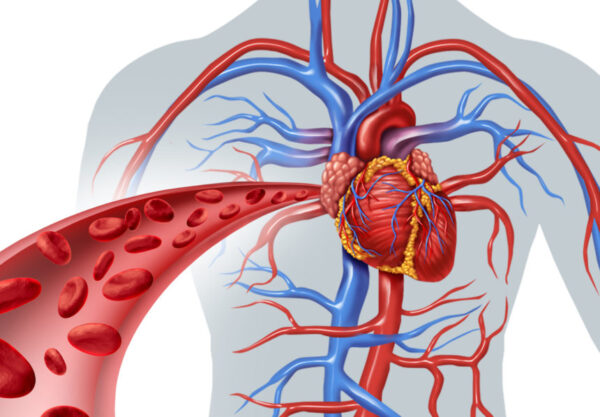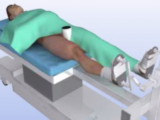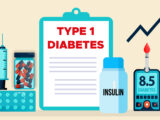
Ian Weisberg – Role of Cardiologists in Treating Heart Attacks
September 26, 2019Cardiology consultants are medical experts who specialize in the diagnosis and treatment of diseases affecting a patient’s heart. People experiencing severe chest pains, dizziness, and breathing difficulties need to consult these specialists on recommendations of their local doctors. Even individuals suffering from hypertension, high cholesterol levels, atherosclerosis, Pericarditis, Arrhythmias, and ventricular tachycardia should visit these specialists. Otherwise, they run the risk of having a heart attack or a severe stroke.
Ian Weisberg – What role do cardiologists play in the treatment and prevention of heart attacks?
Dr. Ian Weisberg is a popular cardiologist from Pensacola, Florida. He is a graduate of the prestigious Emory University School of Medicine and has more than 20 years of experience. He specializes in the areas of internal medical and cardiac electrophysiology. Many of colleagues and contemporaries in the medical fraternity regard him as an expert in the treatment of the acute coronary syndrome. Moreover, he also treats patients with hypertension, heart blockage, unstable angina, and high cholesterol. He has affiliation with a number of prominent medical centers in the region of Pensacola. These include Sacred Heart Hospital, Gulf Breeze Hospital, Atmore Community Hospital, and Baptist Hospital. He has won a number of awards for his contribution in the field of cardiology. The two most important accolades include the Patients’ Choice Award and the Compassionate Doctor Recognition.
How do cardiologists treat patients on the verge of having a heart attack?
Ian Weisberg says a patient may come to visit his local doctor with complaints of severe chest pains, dizziness or breathing difficulties. After an initial diagnosis, the doctor may suspect he is on the verge of having a heart attack. In such a situation, the doctor will immediately recommend him to a qualified cardiology consultant. This medical specialist will meet this patient in a hospital to go through his medical history. Then the cardiologist proceeds to conduct a thorough diagnosis to determine the root causes of this patient’s symptoms. In doing so, the specialist will check his blood pressure, the functioning of his internal organs and body weight. The cardiologist also insists he takes an X-ray, an electrocardiogram and blood test. On the basis of the findings of such medical tests, the cardiologist devises the treatment for him.
If a cardiologist feels the condition of the patient under his care is critical, he may recommend immediate hospitalization. The specialist will then continue to analyze the rhythm disturbances of his heart and prescribe the proper medicines. If the need arises, the cardiologist will carry out complex procedures like cardiac catheterization and balloon angioplasty. Only in the worst-case scenario, does a cardiologist conduct a heart surgery on the patient to insert a pacemaker. As the patient’s condition starts to improve, the cardiologist will explain to him what lifestyle changes he has to make. Only then can this individual expect to live a long and productive life.
Ian Weisberg clarifies cardiology consultants play a critical role in the treatment of patients on the verge of having a heart attack. The medical specialists conduct a thorough diagnosis of these individuals to determine the root cause of their symptoms. In doing so, they will carry out a variety of complex tests. These include electrocardiogram, cardiac catheterization, X-ray, and balloon angioplasty. The specialists only resort to heart surgery at the last option to save their patients.










